The Top Amazon eCommerce Competitors and Why They Are Successful
Learn about Amazon's top eCommerce competitors. We cover all the main online marketplaces including Walmart, AliExpress, eBay, Target, Rakuten, and more.
Published November 5, 2024.
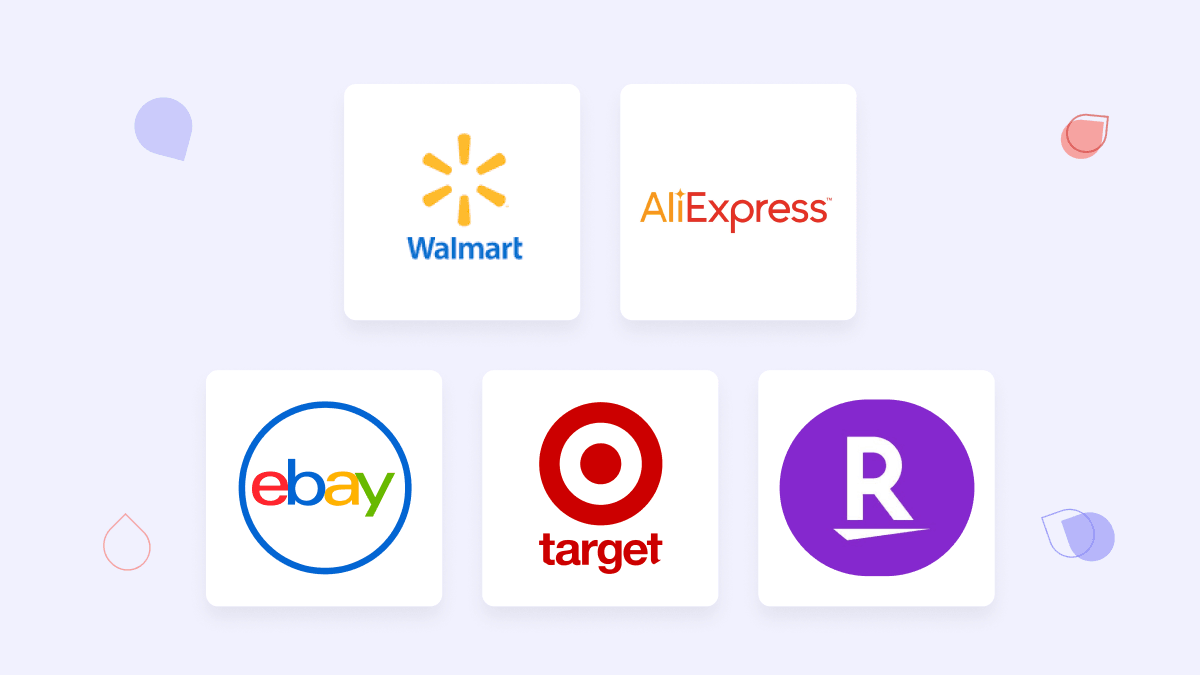
When Jack stole the goose that lay golden eggs from the giant, he needed a quick escape. So as the giant chased him, he chopped down the beanstalk that connected the giant's world to the humans'. The giant fell, and Jack went home with the prize.
Amazon is a retail giant. With $469 billion in revenue in 2021, Amazon is the biggest online retail force in the world. It's hard to believe, then, that Amazon could have any kind of competition in eCommerce.
And yet, they do. Every year, online stores chop down the beanstalk to Amazon's world and make a profit by selling their products on other online marketplaces. In fact, a lot of successful Amazon marketing agencies have expanded their services to include other channels.
In this post, we break down Amazon's largest competitors and give you some of the top strategies for how eCommerce brands can optimize their own stores.
Here are the top Amazon competitors you should know about.
eBay
Ebay and Amazon were born roughly in the same era (early to mid-1990s.) But while Amazon expanded at a very fast pace, eBay had slower growth. It's been making a slow comeback and in 2021 it posted a net revenue of $10.42 billion - a 17% growth from their record in 2020 ($8.9bn) and 2019 ($7.4bn).
What's unique about eBay is that their business model allows people to buy and sell products at a fixed price or through an auction. It's particularly popular for selling products in fashion, apparel, fitness, jewelry, tech gadgets, and more.
Walmart
Walmart was founded in 1962 and it's the oldest of Amazon's competitors. Obviously, they didn't have an online store back then, but they've adapted to the times, and today, they provide a physical presence and a comprehensive online shopping experience.
Walmart is the biggest adversary Amazon has in North America, with online sales of $559 billion in 2021. And while its focus might still lie on physical stores, Walmart keeps investing in technology, development, and marketing to make sure its online presence keeps growing.
Flipkart
Many believe Amazon's king everywhere - and while many of its products may ship globally, it's not the biggest player in India. That title belongs to Flipkart, a powerful eCommerce platform founded by two former Amazon employees in 2007.
Flipkart made $6.3 billion in 2021 and it provides a wide range of products and services. What's more, Flipkart has also created a reward scheme (Flipkart Plus SuperCoins), which allows customers to accumulate points with their purchases.
Target
Target seems like a smaller player in the market but what it does very well is building a loyal fanbase. They have a robust loyalty and rewards program and their own credit card called REDcard. And they have a sprawling chain of stores with 75% of Americans living within 10 miles of a Target.
Target has a very good chance of competing with Amazon and Walmart. The company's revenue was $93.5 billion in 2021 and people who shop at target are likely to come back not only because of their products but also because of the different rewards they offer.
Alibaba Group
Alibaba is a Chinese platform that has huge popularity in the entire world. It was founded by Jack Ma in 1999 and has since become one of the largest online sellers in the world.
Interestingly, Alibaba doesn't have country-specific subsidiaries or regions like Amazon does, but it does manage to have a huge presence at a global level.
Alibaba is a group of companies that include Taobao, AliExpress, Tmall, and Alibaba Cloud (a competitor for Amazon Web Services). In 2021, the Alibaba Group had a revenue of $109 billion, which is a 52.09% increase from 2020.
Each Alibaba brand works differently to provide a well-rounded shopping experience for its buyers. Taobao, for example, is a B2C platform, while Tmall is C2C (like eBay) and mostly focused on the Chinese market. AliExpress is focused on the global market.
Alibaba is definitely a contender when it comes to the biggest players in eCommerce. After all, they managed to defeat eBay in the Chinese market in 2014, which says something about knowing your customer and continuous innovation.
Otto
Otto is a German online retailer founded in 1949. It's one of the oldest players on the market and, unlike Walmart, it even had a long-distance (phone order) business model before the rise of the internet.
Despite Amazon having a pretty big presence in Europe and Germany, Otto is doing a great job at keeping itself relevant on the market. Their 2021 revenue was nearly $7.4 billion, which makes them the second-largest eCommerce platform in Europe.
JD (JingDong)
Another one of Amazon's Chinese competitors is JD.com (JingDong) which made $149 billion in revenue in 2021 and has an average 22% year-over-year growth rate.. Not only does JD compete with Amazon, but it also competes with Alibaba's Tmall, as they are both B2C marketplaces.
JD has been able to increase its profits by understanding the Chinese market and making sure they offer exclusive deals that only its store can provide (such as buying in bulk, similar to what Costco does in the U.S.)
Netflix
Netflix doesn't compete with Amazon on all its products, just on its streaming platform. Netflix is the most popular digital streaming service in the world, with over 219.7 million subscribers in 2021. By comparison, Amazon Prime had 200 million subscribers, making it the second most popular streaming service.
In terms of revenue, Netflix made $30 billion in 2021, whereas Amazon Prime made $31.7 billion. It is worth mentioning, however, that Amazon Prime doesn't only offer video streaming services, but also membership perks, such as access to Prime delivery on physical products (which means that Amazon Prime's revenue is not solely due to video streaming).
Netflix's market penetration and the wide range of video entertainment options place them as a strong competitor to Amazon.
Rakuten
Rakuten is a Japanese eCommerce business founded in 1997. It's known as the "Amazon of Japan" due to its similarity with Amazon's business model, made a whopping $15 billion in revenue in 2021, and has gained somewhere between 10% and 14% of retail sales in its sector.
Rakuten won the Japanese market by focusing on customer loyalty. They offer a range of exclusive rewards, such as tracking points that shoppers can accumulate and exchange for discounts.
The company is much more diversified than a regular marketplace. It has a video streaming platform, its own payment system, and even health and life insurance. All of these products make it a unique competitor to Amazon in Japan and worldwide.
Newegg
Newegg is one of the biggest electronics retailers in the US. The platform made $2.42 billion in 2021, which might seem small compared to Amazon but it's still a very relevant player in the market. Newegg has been able to remain competitive by understanding its customers, competitive prices, and offering a very good cancellation policy.
All in all, although Newegg might be a smaller player behind eBay and Amazon it's one of the top 10 biggest online marketplaces in the US. It's a solid choice for selling consumer electronics, gaming gadgets, and smartphones.
Facebook Marketplace was launched in 2016 and quickly grew to over 1 billion active users in over 70 countries. It used to be mostly customers selling their own used products but the company has since launched Facebook Shops, where eCommerce stores can launch their own online storefronts on Facebook and sell their products directly on the platform.
It provides a unique opportunity for brands to display their products, interact with customers (via Messenger) and run Facebook ads, all on one platform.
Online stores
Another great way to sell products online is through your own store. The eCommerce industry as a whole generated around $5.2 trillion in 2021 and a large share of that is individual brands. There are approximately 26 million eCommerce stores around the world and it's never been easier to start one.
You can create an online store in minutes using an eCommerce platform like Shopify or BigCommerce, plug in all of your marketing tools to it, and start building your audience and traffic.
Niche eCommerce stores
There are also niche eCommerce stores that specialize in targeting specific audiences and creating niche products in the market. Some of the most popular niche eCommerce stores include pet stores, jewelry stores, sports stores, and fashion boutiques.
These stores are able to focus on a specific market and target it more effectively, which makes them a great alternative to competing with Amazon head-on. By creating an engaging and personalized shopping experience, niche eCommerce stores manage to turn loyal customers into advocates of their products.
Numbers don't always tell the whole story. Every day, new stores launch that are focused on very specific segments of the market and they chip away at Amazon's market share and revenue. They do it by offering quality products and services, as well as by taking the time to form real relationships with their customers.
How small businesses can compete with Amazon
Small-scale sellers can still stand a very good chance to compete in the eCommerce space. There's plenty of opportunity to make it in this space.
Here's how small players can grab a little piece of market share from Jeff Bezos's giant empire:
Provide an incredible customer experience
Small businesses have a unique advantage over Amazon when it comes to customer service. They tend to be more agile and closer to the customer and can afford to get personal, candid, and creative with their customer service.
In turn, this changes the entire shopping experience from a cold, faceless one (like you'd have on Amazon) to one that's closer to the mom-and-pop stores of the old days.
Build an active community
There's nothing more powerful than an active community. That's how all the large players in eCommerce made their fortune when they first started. They built an active, engaged group of people around their products and services.
Small businesses can do the same. Investing in community building and creating a sense of belonging can not only win more customers, but it can turn them into evangelists for your brand. Building a list of email addresses is an essential part of this process, as it allows you to reach out to them on a regular basis.
You can also build a community by having influencers promote your products. You can use Amazon influencers to promote specific listings or build brand ambassadors on Instagram + YouTube for more comprehensive campaigns.
Launch products on other marketplaces
Cross-marketplace online sales can help small businesses get more visibility, reach new audiences, and make better use of the available market opportunities.
Some examples include:
- Houzz (focused on home décor and home improvement)
- Etsy (focused on handmade products, arts, and crafts)
- Facebook Marketplace (a general marketplace for new and used items)
- Shopee (a South-East Asian marketplace)
- Mercado Libre (one of the largest marketplaces in Latin America)
- Trendyol (a general marketplace in Turkey)
- Zalando (a fashion-focused marketplace in Europe)
- Tokopedia (an Indonesian marketplace)
- Vinted (a global vintage fashion marketplace)
It's definitely worth launching products on other marketplaces. To start, check out which integrations are available on your eCommerce platform. You can also use a third-party app like Cedcommerce.
Offer a great loyalty program
Loyalty programs are a great way for eCommerce companies to boost sales and increase customer retention. By offering rewards, discounts, and exclusive offers, brands can encourage customers to keep coming back for more. Loyalty programs also help create a sense of community around the brand, as customers feel like they are part of something special.
To get started with loyalty programs, eCommerce brands can use a third-party app like Smile.io or LoyaltyLion.
Go omnichannel
Studies show that 73% of online shoppers use multiple channels to make a purchase.
And it makes sense. For example, let's say you're randomly scrolling down on Facebook and you see a new pair of sports shoes you want to buy. You might not buy them then and there but if you see an ad on YouTube the next day, and then a coupon code in an email, then you're more likely to follow through with the purchase.
What this means is that small businesses need to think beyond their website and consider other channels such as social media platforms, SMS, paid advertising, influencers, eCommerce marketplaces, and even physical retail.
Have an easy return process
Make it easy for your customers to return products if they don't like them. For example, you could provide a return label in every shipment, or offer free returns and exchanges. An easy, hassle-free return process shows potential customers that you trust and respect them.
Offer two-day delivery
We live in an increasingly fast-paced world, and customers expect quicker delivery than ever before. They want it all and they want it now.
Amazon does this with its one-click checkout, two-day delivery, Amazon Assistant, and Prime membership. As a small business, you too can offer 2-day delivery by making your eCommerce fulfillment process more efficient using an app like Deliverr.
You could also use predictive analytics to anticipate customer needs and provide them with the right products at the right time. Make your delivery process quick and easy and people will be happy to buy from you over Amazon, any time of the day.
Takeaways
Looking at Amazon's success can make you feel overwhelmed if you're an eCommerce business owner. After all, they have millions of users (and vendors) , a wide selection of products, and a huge marketing budget.
Yet, every day, small online shops find success against the odds. They rely on a unique perspective, niche products, and a true understanding of who their customers are.
You too can win. All you need is good data, a smart email marketing system like Klaviyo and proper omnichannel marketing that can help you compete with Amazon or any other eCommerce giant.
Looking for help to boost your eCommerce sales? Mayple's community of Amazon experts is here for you. Contact us today and let’s help your business thrive!
FAQs
What is Amazon Marketplace?
Amazon Marketplace is a platform that allows third-party sellers to list and sell their products on Amazon. It's a great way for small businesses to increase their reach and tap into new customer segments.
Who are Amazon’s biggest competitors?
Amazon's biggest direct competitors include Walmart, eBay, the Alibaba Group, Target, as well as more localized eCommerce marketplaces (such as Otto or Rakuten). In the video streaming segment, Amazon's biggest competitors are Netflix, Rakuten, HBO, Disney, and Apple TV+.
Who are Amazon’s indirect competitors?
Essentially, anyone that sells products online can be an indirect Amazon competitor. There are plenty of small and medium-sized businesses that can compete against the retail giant by offering better customer care, niche products, and a more personalized shopping experience.
Is there a rival to Amazon?
Yes, Amazon has plenty of competition such as sites like Walmart, Target, and eBay. And outside of North America, Amazon faces fierce competition from Alibaba, Rakuten, Otto, and Flipkart.
Is Alibaba bigger than Amazon?
Alibaba is bigger than Amazon in terms of gross merchandise value. Furthermore, in China, Amazon poses no competition to Alibaba across pretty much every vertical. However, if we were to compare their global market caps, Amazon would be the clear winner.
Who are Amazon’s competitors in the US?
Amazon's competitors in the US include Walmart, eBay, and Target (among many others.) Niche eCommerce stores can also act as Amazon's competition in limited segments, as they usually offer more specialized services and/or products. Furthermore, Netflix is a major competitor of Amazon Prime Video in the digital streaming market.
What is comparable to Amazon?
There are several comparable sites to Amazon, including:
- Alibaba
- eBay
- Walmart
- Apple
- Rakuten
- Otto
- Flipkart
- Jingdong (JD.com)
- Newegg
Each of these has its own specialties and offers a unique take on eCommerce. Some work on a different business model and compete in different markets.
For example, eBay is a marketplace that allows selling items at both a fixed price and through an auction. Otto and Rakuten compete against Amazon in Germany, respectively Japan. And Alibaba is a Chinese marketplace that has a huge international presence.
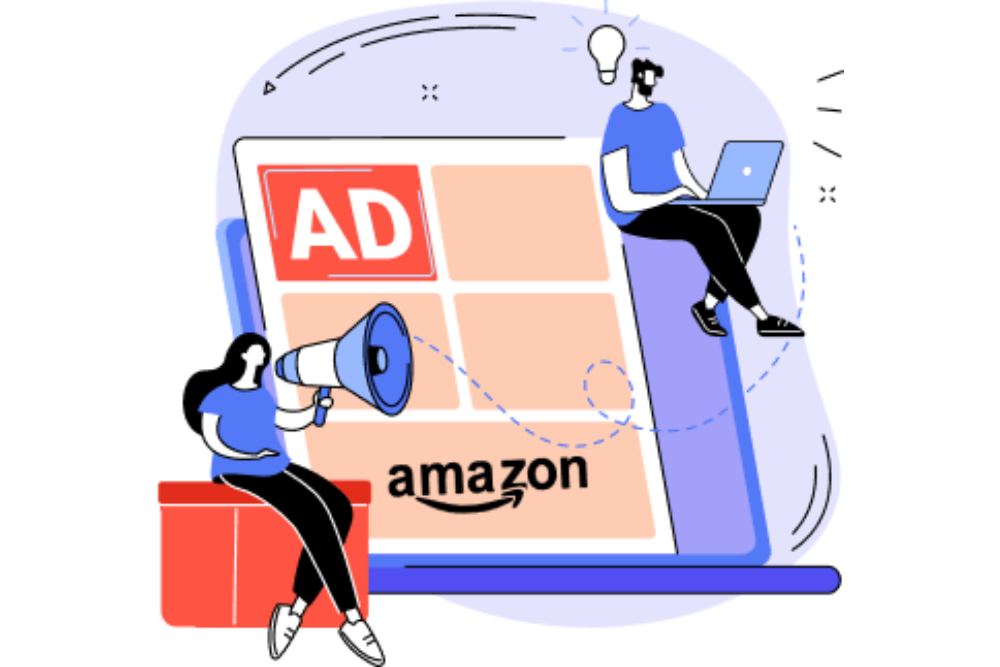
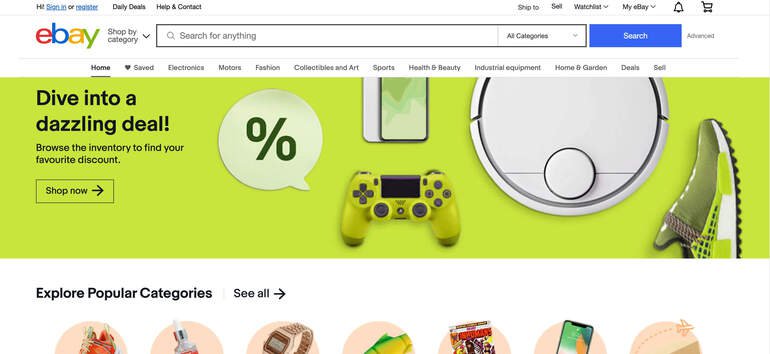
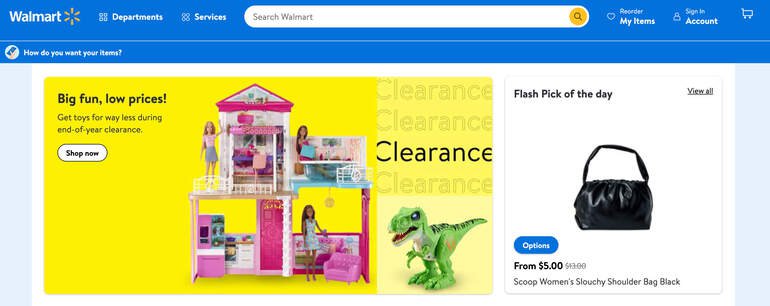
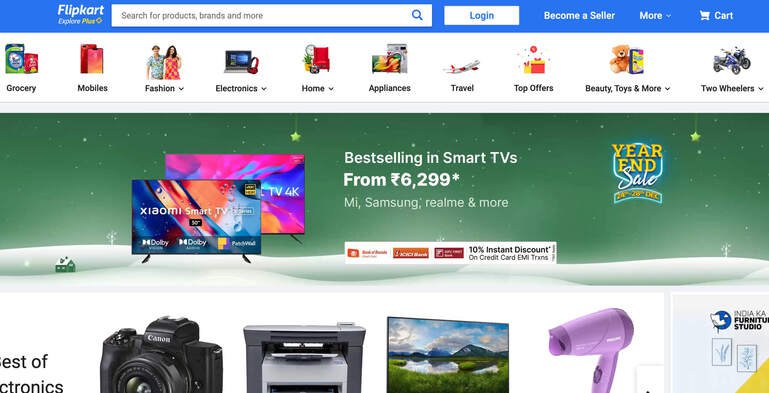
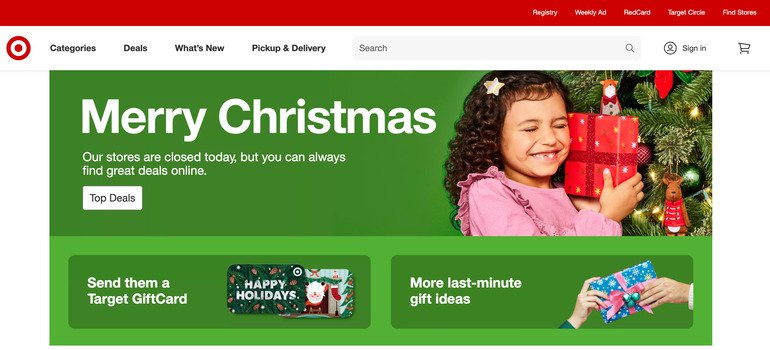
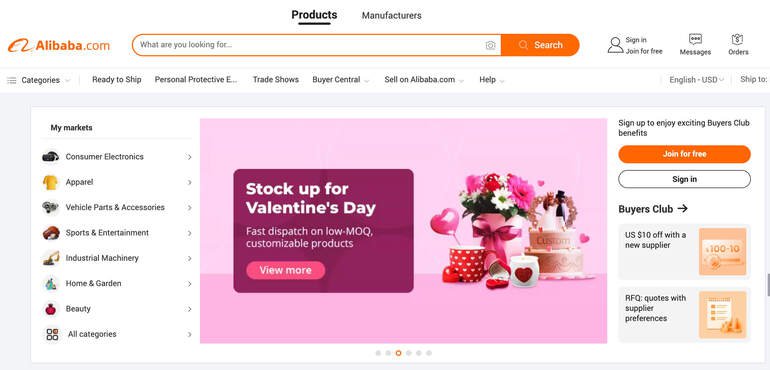
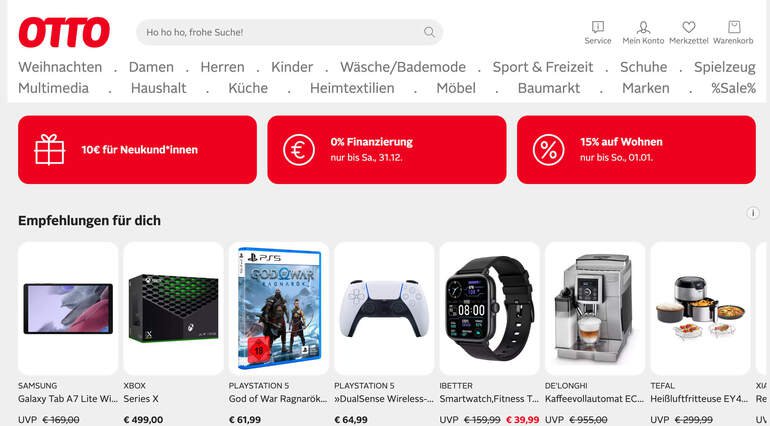

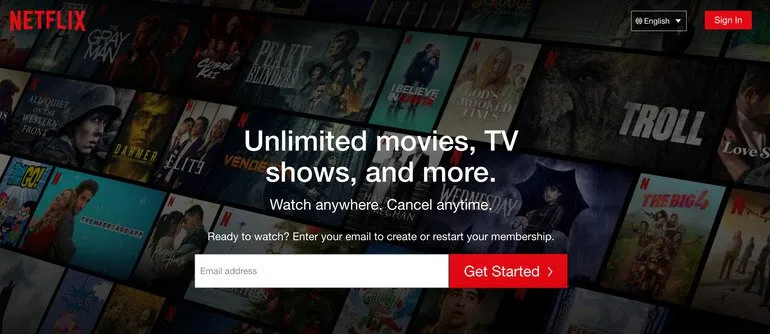
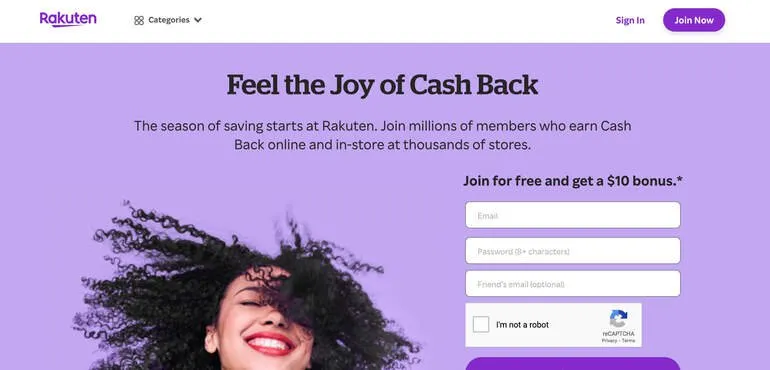

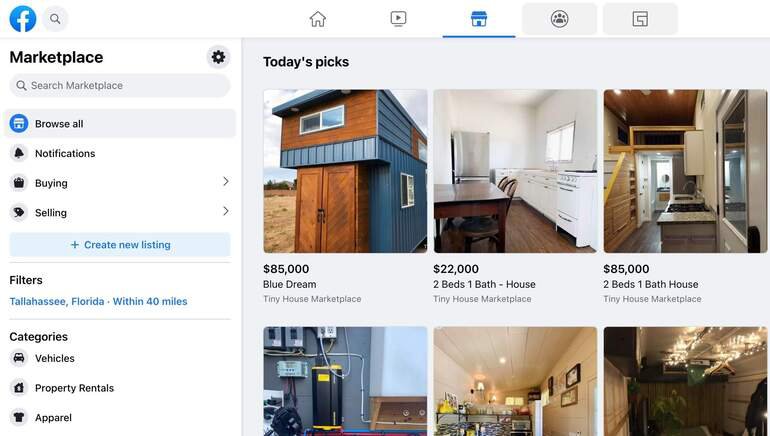






![[Interview] Shama Hyder on the Biggest Mistakes eCommerce Brands Make with PR](https://entail.mayple.com/en-assets/mayple/fit-in/280x280/61b21c7aa9ad4a8e9cb6a3a8_shamahyderinterviewmayple_1d59e4bf94d80a4f530b57f6f9bd5842_2000-1699776086626.png)
